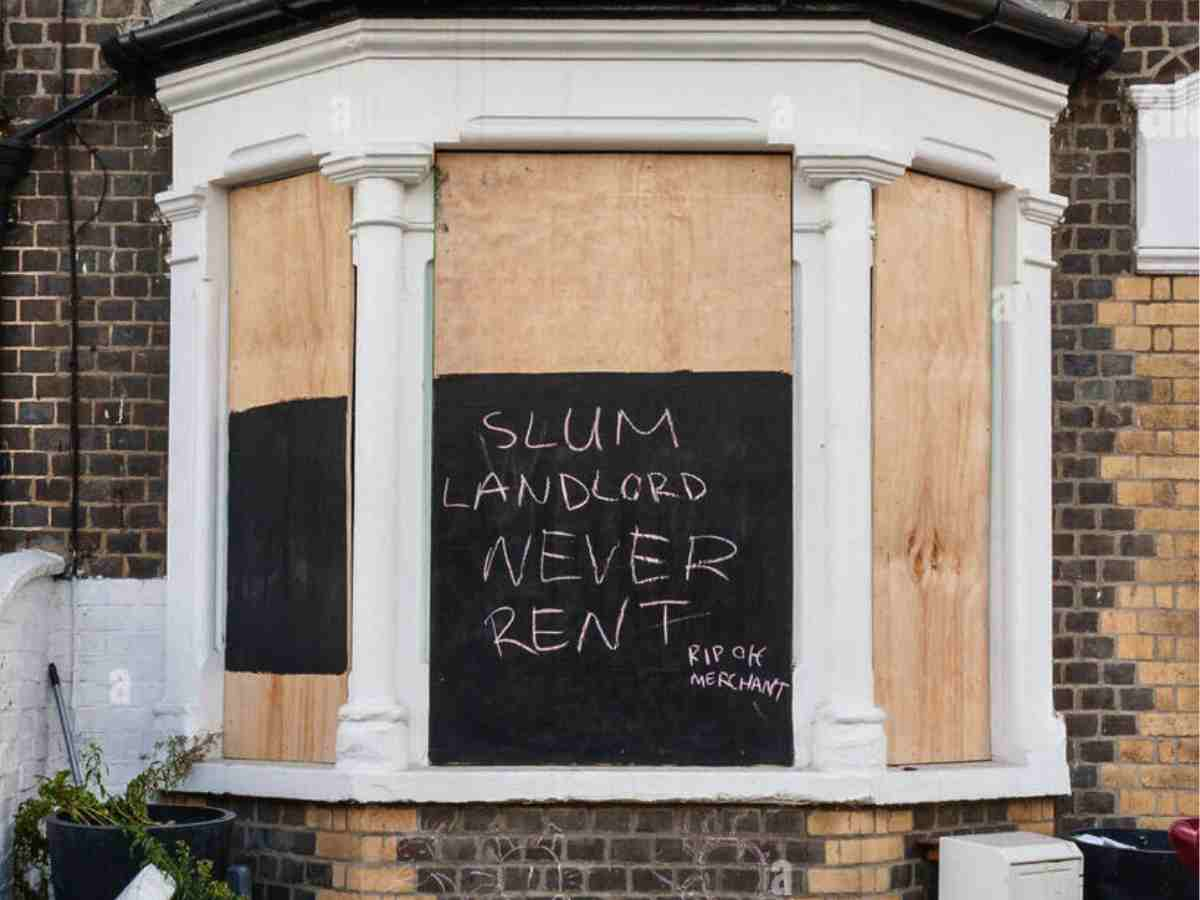ACORN – a union representing thousands of renters across England and Wales – welcomes planned reforms to private renting ahead of the second reading of the Renters’ Rights Bill in parliament on Wednesday 9 October. But it warns that the legislation must go further to make housing affordable, and that local authorities must investigate and enforce breaches of any new and existing legislation if it is to work.
Renters’ Rights Bill: the good and the bad
ACORN has heralded the new Labour Party government Bill “a huge victory for the organised tenants’ movement,” and is pleased that it is being brought forward quickly and with stronger measures after being watered down and ‘timed out’ during the last Parliament.
Headline reforms include:
- An end to Section 21 ‘no fault’ evictions
- The Decent Homes Standard being expanded to cover privately rented homes.
- A new Landlord Ombudsman and Private Rented Sector Database that landlords will be required to join.
- An end to discrimination for families with children and people on benefits.
- An end rental bidding wars (where would-be tenants are encouraged to bid against each other over the odds).
However, the Bill falls short on the burning issue of making rented homes more affordable. ACORN is calling for in-tenancy rent rises to be capped, and the amount of rent that new tenants can be asked to pay upfront to be limited to one month’s rent.
It also wants to see stronger action on illegal evictions; local authorities should have a legal duty to act and be properly resourced to do so. Landlord licensing schemes, which the union has successfully campaigned for in cities across England, should be made easier to implement to improve standards and clamp down on rogue landlords.
More action still needed
Eleesha Taylor-Barret, ACORN board member and renter in London said:
As a renter who has experienced horrible mould and damp whilst paying extortionate rents, I’m really pleased that the government is finally taking the issues facing private renters seriously.
But we still need the government to take action to make rented homes more affordable. Most renters are already spending way more than 30% of their income on rent, and prices just keep rising.
Searching for a new home is almost impossible unless you have thousands of pounds saved up for a deposit and are willing to bid over your budget against other tenants.
One action the government could take right now is to implement a cap on the amount of money landlords can ask new tenants to pay upfront to 1 month. That way we can begin moving towards a housing system that doesn’t push people into poverty.
Right-wing narrative smashed
Meanwhile, the latest research by Lomond shows that the number of tenanted properties being listed on the sales market has fallen by nearly 20% since the end of June. This suggests that the Renters’ Rights Bill has not yet resulted in the max exodus of landlords that right-wing talking heads feared it would.
Lomond has analysed the number of residential properties that have come to the UK sales market with tenants still in situ in September 2024 and compared this to the number that came to market in June 2024.
The data reveals that in September 2024, 10,041 properties with tenants still in situ were listed on Great Britain’s housing market. This is 19.2% fewer than the 12,423 properties listed in June 2024.
This suggests that in the weeks and months immediately following the Renters’ Rights Bill’s first reading under the new Labour government, the number of landlords looking to sell their properties in such a rush as to not even wait until the end of their current tenancy has declined.
This goes directly against the narrative from those who fear the bill will result in fuelling a mass exodus of landlords from the buy-to-let sector.
In the West Midlands there are currently 600 properties with tenants in situ listed on the market, a significant reduction of 54.7% compared to June’s number of 1,324 properties. In the East of England the number is down -50.8% since June; and in the North East it’s down 19.8%.
Renters’ Rights Bill: the real-world impact
The reforms in the Renters’ Rights Bill can’t come soon enough for renters such as Lucy, an ACORN member in Bristol:
I’ve lived in my flat for six years. Last year, the lettings agency made me sign a new 6 month tenancy agreement, and towards the end of the tenancy they told me the rent was increasing by almost 50%.
I questioned this, pointing out that the new agreement said no increase would be made until October 2024, and asked if we could negotiate the amount the rent was to go up as there had been no improvements made to the flat. Instead of responding to my questions, they sent me a Section 21 eviction notice.
I was stuck between a rock and a hard place, worried about having nowhere to live but struggling to meet the new rent rise. In the end I felt I had no choice but to accept the increase.
Featured image via the Canary




